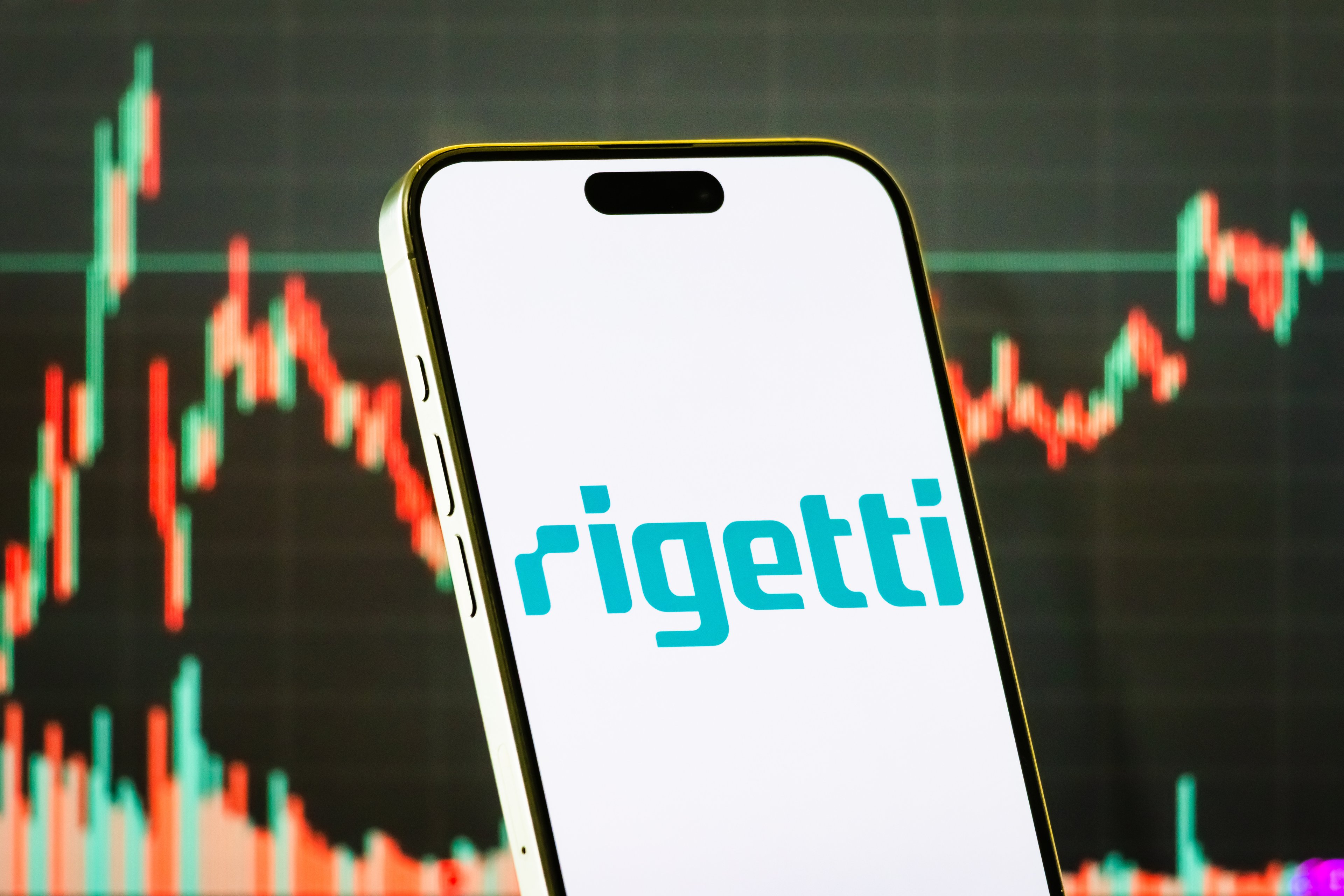Some of the luster of Rigetti Computing (RGTI 8.69%) has faded in recent weeks, with its shares sinking more than 40% below the peak set last month. However, Rigetti remains a huge winner after skyrocketing nearly 2,000% over the last year.
Is Rigetti a smart pick to buy after its significant pullback? Here are five things investors should know before buying this quantum computing stock.

NASDAQ: RGTI
Key Data Points
1. A huge potential market
Rigetti Computing is targeting a huge potential market. Boston Consulting Group (BCG) projects that quantum computing could create economic value of between $450 billion and $850 billion by 2040. The consulting firm thinks that this will translate to a quantum hardware and software market of $90 billion to $170 billion.
Investors shouldn't ignore the fact, though, that this remains only a potential market at this point. Rigetti's sales in the third quarter of 2025 totaled only $1.9 million. And that reflected an 18% decline from the same period in 2024.
2. An ambitious roadmap
The good news is that Rigetti has an ambitious roadmap that could enable the company to capitalize on its big opportunity. Investors won't have to wait long to find out if Rigetti can deliver on its promises.
CEO Subodh Kulkarni said in the company's Q3 update that Rigetti is on track to launch its 100+ qubit chiplet-based quantum computer by the end of this year. This system is expected to have an impressive 99.5% median two-qubit gate fidelity. The closer the fidelity is to 100%, the more accurate and reliable the quantum computer is.
That should be just the beginning. Rigetti plans to deploy a 150+ qubit system with 99.7% median two-qubit gate fidelity by the end of 2026 or shortly afterward. By or around the end of 2027, the company hopes to roll out a quantum system with 1,000+ qubits and a 99.8% median two-qubit gate fidelity.

Image source: Getty Images.
3. Dilution risk
Despite Rigetti's potential, investing in the stock comes with some risks. The possibility of share dilution ranks among those threats.
Rigetti Computing has already diluted the value of its shares earlier this year, selling $350 million of its stock in June. Although the company's cash position now totals roughly $600 million, further dilutive stock offerings remain a real possibility.
The company posted a net loss of $201 million in Q3 based on generally accepted accounting principles (GAAP). Most of that GAAP loss (around $182 million) stemmed from a change in the fair value of derivative warrant liabilities. However, Rigetti could burn through its cash stockpile over time and be forced to raise additional capital -- at shareholders' expense.
4. Valuation risk
Investors also should be aware of the valuation risk associated with buying Rigetti Computing stock. Because the company isn't profitable, we have to throw earnings-based valuation metrics out the window. But we can use sales-based metrics -- and they're scary.
Rigetti trades at a trailing 12-month price-to-sales ratio of over 1,000. To call that a nosebleed valuation is an understatement. The market is clearly baking a ginormous amount of growth into the share price. If Rigetti stumbles in delivering on those growth expectations, the stock could fall a lot more than it already has in recent weeks.
5. Competitive threats
Last, but not least, it's important to recognize that Rigetti isn't the only game in town when it comes to quantum computing. The company has several rivals that are also scrambling to develop powerful quantum computers. The list includes smaller players such as D-Wave Quantum (QBTS 8.16%), IonQ (IONQ 7.67%), and Quantum Computing Inc. (QUBT 6.70%). Deep-pocketed tech giants are also in the mix, such as Alphabet (GOOG 0.23%) (GOOGL 0.18%), IBM (IBM +0.17%), and Microsoft (MSFT 0.06%).
There's no guarantee that Rigetti's technology will prove to be the best. This stock offers a very high-risk but potentially high-reward proposition.












